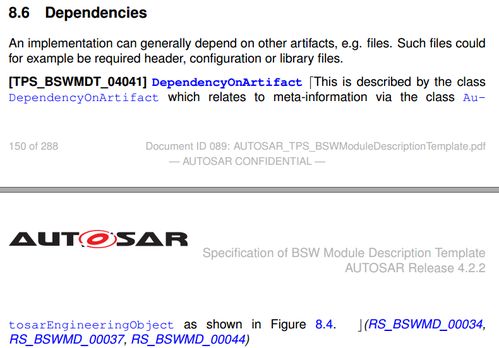Ar Billing Job Description: A Comprehensive Guide
Are you considering a career in the dynamic field of billing? Do you want to know more about the responsibilities and requirements of an Ar Billing professional? Look no further! This article will delve into the intricacies of an Ar Billing job description, providing you with a detailed overview of what this role entails.
Understanding the Role

The Ar Billing role is a crucial part of the accounts receivable process in any organization. It involves managing the billing and collection of payments from customers, ensuring accurate and timely invoicing, and maintaining a healthy cash flow. As an Ar Billing professional, you will be responsible for the following key tasks:
- Generating and sending invoices to customers
- Tracking payment due dates and following up on late payments
- Updating customer accounts with payment information
- Resolving billing disputes and inquiries
- Collaborating with other departments to ensure accurate billing
Skills and Qualifications

Success in an Ar Billing role requires a unique blend of technical, interpersonal, and organizational skills. Here are some essential qualifications you should possess:
- Education: A high school diploma or equivalent is typically required, although some positions may prefer candidates with an associate’s or bachelor’s degree in accounting, finance, or a related field.
- Technical Skills: Proficiency in accounting software, such as QuickBooks or SAP, is crucial. Familiarity with Microsoft Office Suite, especially Excel, is also important.
- Interpersonal Skills: Strong communication and negotiation skills are essential for resolving disputes and maintaining positive relationships with customers.
- Organizational Skills: You must be able to manage multiple tasks simultaneously, prioritize effectively, and maintain accurate records.
- Attention to Detail: Accuracy is paramount in the Ar Billing role, as errors can lead to financial losses for the organization.
Responsibilities

Below is a table outlining the primary responsibilities of an Ar Billing professional:
| Responsibility | Description |
|---|---|
| Invoice Generation | Prepare and send invoices to customers, ensuring all billing information is accurate and up-to-date. |
| Payment Tracking | Monitor payment due dates, follow up on late payments, and update customer accounts accordingly. |
| Dispute Resolution | Address and resolve billing disputes, ensuring customer satisfaction and maintaining a positive relationship. |
| Collaboration | Work with other departments, such as sales and customer service, to ensure accurate billing and efficient payment processing. |
| Record Keeping | Maintain accurate and organized records of all billing and payment activities. |
Salary and Job Outlook
The salary for an Ar Billing professional can vary depending on factors such as experience, education, and location. According to the U.S. Bureau of Labor Statistics, the median annual wage for billing and posting Clerks was $39,510 as of May 2020. The job outlook for this profession is expected to grow at a slower than average rate, with a projected 4% increase in employment opportunities between 2020 and 2030.
Conclusion
As an Ar Billing professional, you will play a vital role in ensuring the financial health of your organization. By possessing the right skills and qualifications, you can excel in this challenging and rewarding career. Take the time to understand the responsibilities and requirements of the role, and you’ll be well on your way to a successful career in Ar Billing.





